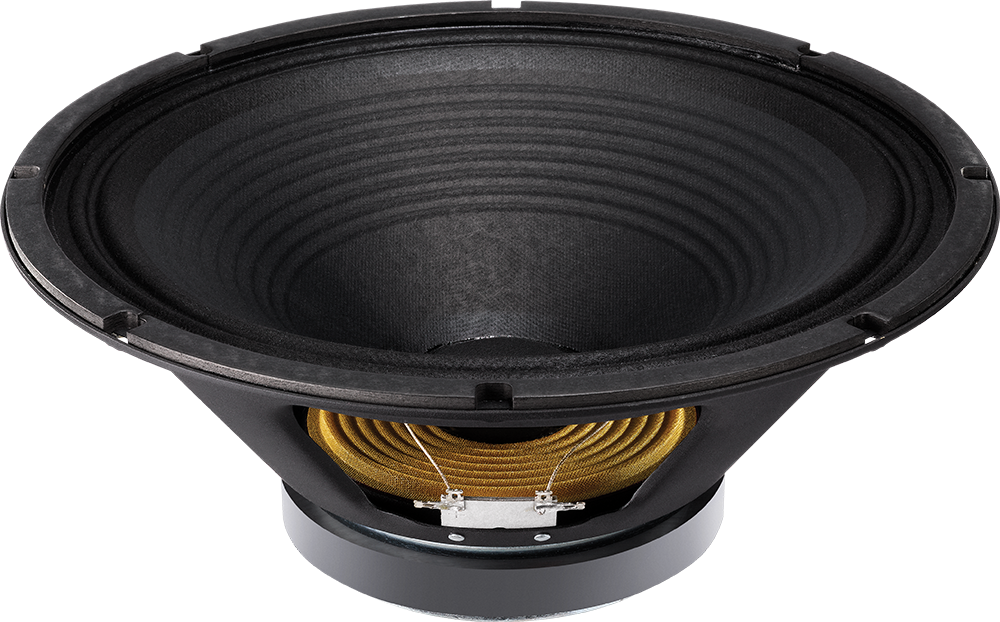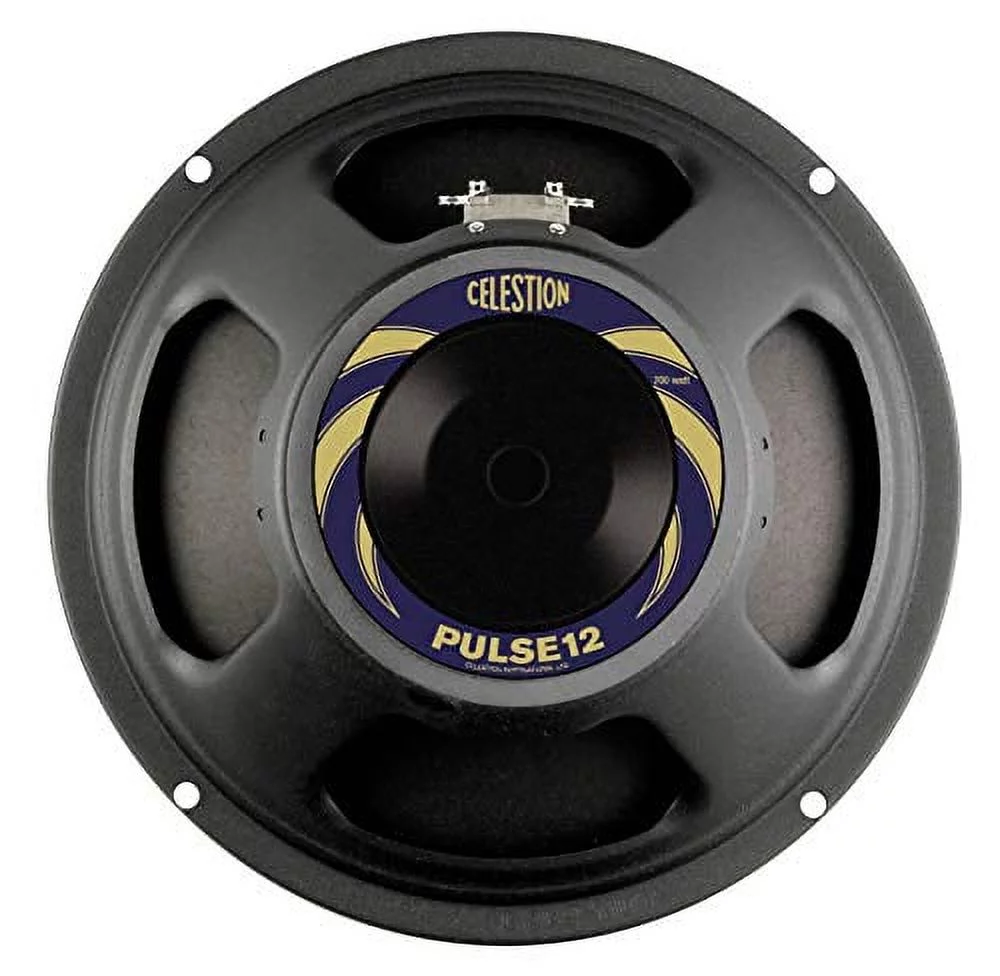Are you in the market for a new guitar speaker but feeling overwhelmed by all the options out there? Look no further – I’ve got you covered! As a musician and avid gear enthusiast, I understand the importance of finding the perfect speaker to complement your playing style and tone. And when it comes to 12-inch guitar speakers, there’s certainly no shortage of choices.
But before you make that purchase, let’s take a deep dive into everything you need to know about 12-inch guitar speakers. From understanding their role in your overall sound to comparing different brands and models, this article will equip you with all the knowledge needed to make an informed decision. So grab your favorite axe and let’s plug in!
So, 12 guitar speakers?
When it comes to buying 12-inch guitar speakers, there are a few key things you need to know in order to make the best decision for your needs. First and foremost, it’s important to understand that not all speakers are created equal. While they may all be 12 inches in size, there can be significant differences in their design, materials used, and overall sound quality.
One of the most important factors to consider is the power handling capability of the speaker. This refers to how much power (in watts) the speaker can handle without getting damaged or distorting the sound. It’s crucial to choose a speaker with a high enough power rating that can handle your amplifier’s output without any issues.
Another aspect to keep in mind is impedance, which is measured in ohms. This determines how much resistance the speaker has when receiving electrical signals from an amplifier. Matching your amp’s output impedance with your speaker’s input impedance will ensure optimal performance and prevent damage.
The type of magnet used in a speaker also plays a role in its sound quality. Ceramic magnets tend to have a brighter tone while alnico magnets produce warmer tones. Neodymium magnets are lightweight but powerful, making them popular for portable amps or cabinets.
Additionally, pay attention to cone material as it affects both durability and tone production. Paper cones provide warm tones while aluminum cones produce bright sounds with more definition.
Lastly, consider whether you want single or multiple voice coils on your speaker. Single coil designs offer simplicity and clarity while dual coil options allow for greater flexibility and tonal variations.
In summary, when purchasing 12-inch guitar speakers it’s essential to look beyond just their size and consider factors such as power handling capabilities, impedance matching with amplifiers, magnet type and cone material for optimal sound quality based on personal preference.
Understanding the Role of 12-Inch Guitar Speakers in Your Sound
When it comes to shaping your musical identity, the choice of speaker plays a vital role. 12-inch guitar speakers, in particular, have become a favorite among musicians for their unique ability to deliver rich, full tones. These speakers provide a balanced frequency response that accentuates both highs and lows beautifully. Unlike smaller options, which may struggle with bass or clarity at higher volumes, 12-inch speakers create warm sounds that fill up the room without overwhelming it. This makes them ideal for various styles—from bluesy riffs to powerful rock solos—allowing each note to resonate deep within listeners’ hearts.
Additionally, these larger speakers often feature superior power handling capabilities. This means they can endure louder playing levels without sacrificing sound quality or risking damage—a significant advantage during live performances where energy is high and every chord counts. Musicians frequently appreciate how 12-inch guitar speakers bring out nuances in tone that might go unnoticed with other sizes. Their versatility is undeniable; whether you’re plugged into an amplifier or using them in a recording studio setting, they consistently deliver dynamic soundscapes worth exploring.
Ultimately, investing in quality 12-inch guitar speakers can profoundly enhance your overall music experience and help define your distinct auditory signature.

Read also: what key is standard tuning on a guitar
Comparing Brands: The Top Manufacturers of 12-Inch Guitar Speakers
When it comes to 12-inch guitar speakers, several brands stand out for their quality and craftsmanship. Celestion is often celebrated for its rich history in music, producing speakers that deliver a warm, vintage tone beloved by rock and blues players alike. Their Greenback model is particularly famous for its ability to handle high gain while providing a smooth response across all frequencies. Another key player in the market is Eminence, offering a diverse range of options tailored to different playing styles. Their Gamma series features robust designs that can withstand heavy use, making them ideal for gigging musicians who need reliability on stage.
Then there’s Jensen, known for its classic sound reminiscent of old-school amplifiers; their speakers bring out the best in clean tones while still carrying enough punch for overdriven sounds. If you’re after versatility, look no further than Alnico, whose unique magnet structures create complex harmonics and character-rich soundscapes. Each brand brings something special to the table, whether it’s durability or tonal richness. When comparing these top manufacturers, consider factors like your musical style and personal preferences to find the perfect fit.
Ultimately, investing time into understanding these brands will enhance your overall playing experience!
Diving Into Specs: Wattage, Impedance, and Other Key Features of 12-Inch Guitar Speakers
When exploring the world of 12-inch guitar speakers, understanding their specifications is crucial for achieving that perfect sound. One important feature is wattage—this refers to how much power a speaker can handle without distorting the sound. Generally, higher wattage allows for louder volumes, but it’s also essential to match your amp’s output with the speaker’s capacity. For example, if your amplifier produces 50 watts and your speaker handles only 30 watts, you could risk damaging it by cranking up the volume too high. This balance creates an inviting atmosphere where musicians can really express themselves during play.
Another vital aspect is impedance, measured in ohms. Most guitar speakers come in either 4, 8, or 16-ohm options. The impedance affects how much power flows through the circuit; lower impedance results in more power delivered from an amp while maintaining a rich tone. Moreover, consider additional features like cone materials and construction quality; these elements greatly influence tonal characteristics and durability over time. In summary:
- Wattage determines loudness.
- Impedance influences power flow.
- Cone materials affect tone.
Understanding these specs will undoubtedly enhance your musical experience!
Tailoring Your Tone: Choosing a 12-Inch Guitar Speaker Based on Music Genre and Playing Style
When selecting a 12-inch guitar speaker, it’s essential to consider how different genres influence your sound. For example, if you’re into blues or jazz, you might want a speaker that offers warmth and clarity. Look for those with a vintage tone; they often provide rich midrange frequencies that let the nuances of your playing shine through. In contrast, rock or metal enthusiasts may prefer speakers designed for higher gain settings, which can enhance aggressive tones and deliver tight bass response. Choosing the right model can greatly impact your musical expression.
Your playing style also plays a significant role in this decision-making process. If you enjoy fingerpicking or softer strumming patterns, speakers with smooth highs could complement your technique beautifully while maintaining clarity across all strings. On the other hand, players who love fast-paced riffs and heavy distortion will benefit from robust speakers capable of handling intense dynamics without losing their character.
- Consider sensitivity ratings
- Look at frequency range
- Evaluate power handling capabilities
Taking these factors into account will help ensure that the speaker resonates well with both your musical preferences and unique playing style!
You may also like: Which guitarist use Yamaha
Maximizing Longevity: Maintenance Tips for Your 12-Inch Guitar Speaker
Taking care of your 12-inch guitar speaker can truly enhance its lifespan and ensure the best sound quality for years to come. First, regular cleaning is essential. Gently wipe down the exterior with a soft cloth to remove dust and dirt that accumulates over time. Avoid using harsh chemicals, as they can damage the finish. Inspect the cone for any signs of wear or tears; even small issues can impact sound performance. If you notice any imperfections, consider consulting an expert about repair options before they worsen.
Another vital factor in maximizing longevity is how you handle your gear during transport and storage. Always use a protective case when moving your speaker; this helps shield it from bumps and environmental factors like humidity that could harm its components. When storing it, keep it in a climate-controlled area away from direct sunlight or extreme temperatures. Additionally, be mindful of volume levels—pushing your speaker too hard can lead to distortion and damage over time. Remember to allow adequate cooling periods between gigs or practice sessions so everything has time to breathe.
By following these simple maintenance tips, you’ll enjoy rich sounds while ensuring your beloved equipment lasts longer!
Conclusion: Making an Informed Decision on your Next 12-inch guitar speaker Purchase
When it comes to selecting a 12-inch guitar speaker, the choices can feel overwhelming. It’s essential to consider what sound you’re aiming for. For example, do you want warm tones that complement blues music or crisp treble for rock solos? Each type of speaker offers unique characteristics that affect your overall tone. Different materials, like ceramic or alnico magnets, contribute significantly to how your sound projects and resonates. As you explore options, remember to listen closely—testing speakers in person is always ideal if possible.
Additionally, think about where and how you’ll be using this speaker. If you’re jamming at home, a model with lower wattage might suffice; however, for live performances or larger venues, higher wattage will deliver better clarity and volume without distorting your precious notes.
- Consider compatibility: Ensure that the speaker matches well with your amplifier.
- Tone preferences: Decide whether you favor more bass response or brighter high frequencies.
- Your budget: Quality varies widely; investing wisely can lead to long-term satisfaction.
A thoughtful approach will help guide your decision-making process toward finding the perfect 12-inch guitar speaker tailored just for you!

